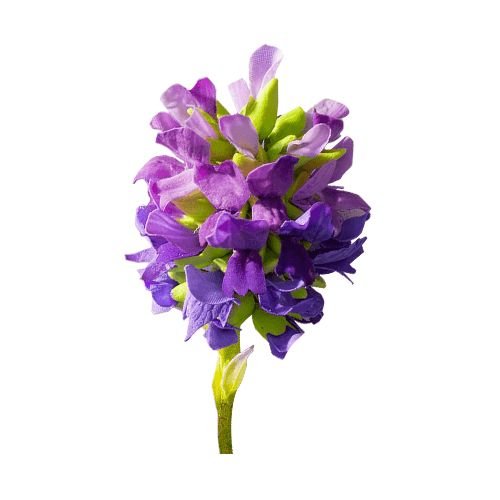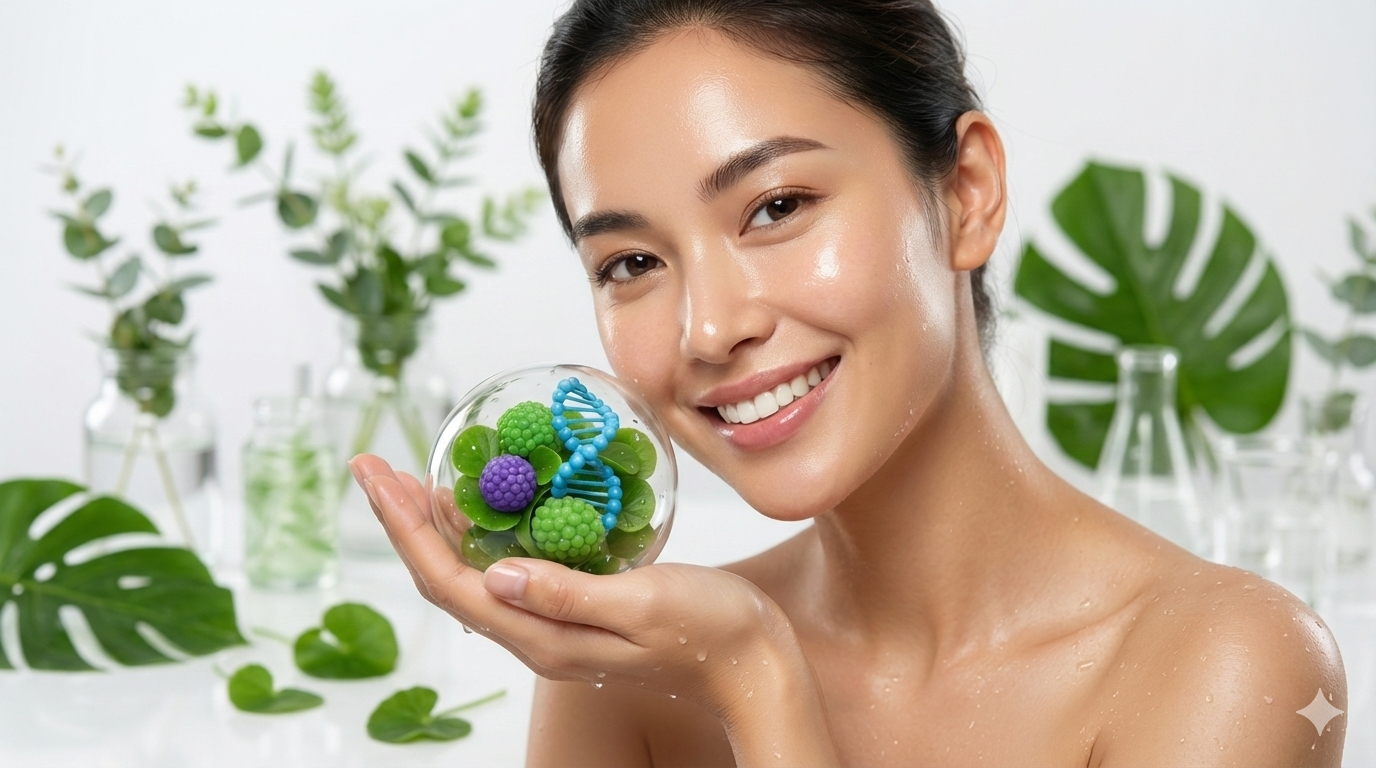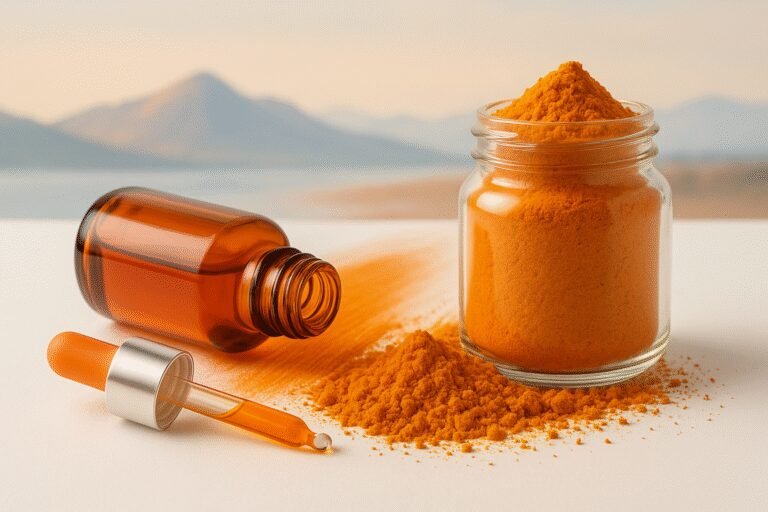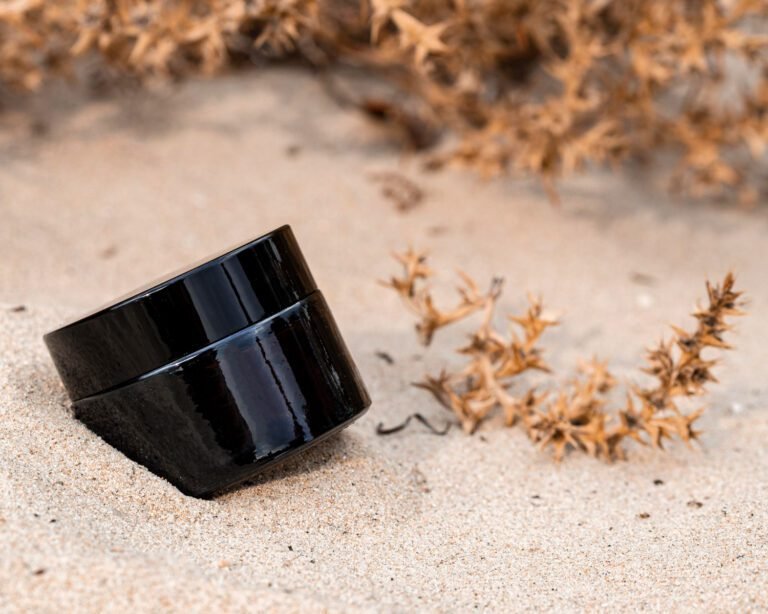Introduction: A New Era in Retinol Alternatives
If the legendary Fountain of Youth existed, it might overflow with anti-aging secrets. While modern science has not discovered immortality, it has uncovered natural actives that mimic some of the skin’s own repair mechanisms. Among them, Bakuchiol oil has emerged as one of the most powerful plant-based alternatives to retinol. Because it reduces wrinkles, improves elasticity, and brightens tone without the irritation retinol often causes, bakuchiol has quickly become a core focus of cosmetic formulation research.
This article explores bakuchiol from a chemist’s perspective—its molecular structure, biological pathways, formulation challenges, clinical evidence, and regulatory positioning. By the end, you’ll see why bakuchiol is regarded as both a commercial opportunity and a scientific breakthrough.
What Is Bakuchiol?
Bakuchiol (C18H24O) is a meroterpene phenol isolated from the seeds and leaves of Psoralea corylifolia, also known as the babchi plant. Traditionally used in Ayurvedic and Chinese medicine for wound healing and anti-inflammatory therapy, it entered cosmetic science after its isolation in 1966. Unlike retinoids, bakuchiol is vegan, photostable, and non-irritating. Therefore, it is particularly attractive in both anti-aging and sensitive-skin formulations.
- Origin: Primarily sourced from India and China
- Nature: Plant-derived, vegan-friendly, non-photosensitizing
- Traditional use: Herbal medicine for healing and skin rejuvenation
Mechanism of Action: How Bakuchiol Works
Bakuchiol does not share the molecular backbone of retinol, yet clinical studies show it produces remarkably similar outcomes. Specifically, bakuchiol activates transcription factors that regulate collagen and elastin synthesis, while also suppressing enzymes that degrade dermal proteins. In addition, it reduces melanogenesis by downregulating tyrosinase expression, improving tone uniformity.
Importantly, bakuchiol acts as a functional analog of retinol: it binds to retinoid receptors, stimulates fibroblasts, and enhances extracellular matrix production. However, it avoids the cascade of irritation and erythema associated with retinoic acid. Consequently, bakuchiol offers both efficacy and tolerability.
Clinical Research on Bakuchiol
A landmark randomized study published in the British Journal of Dermatology (2018) compared 0.5% bakuchiol cream twice daily with 0.5% retinol nightly over 12 weeks. Results showed equivalent reductions in wrinkle surface area and pigmentation, yet significantly less irritation occurred in the bakuchiol group.
Furthermore, additional studies expand this evidence base:
- International Journal of Cosmetic Science (2020): A 12-week trial combining bakuchiol with melatonin and ascorbyl tetraisopalmitate reported synergistic improvements in firmness, wrinkle depth, and skin tone.
- Journal of Drugs in Dermatology (2021): Bakuchiol reduced acne lesions and post-inflammatory hyperpigmentation via its antibacterial and anti-inflammatory activity.
- Systematic reviews (Cosmetics, MDPI 2022) confirm its multifunctionality: anti-aging, anti-inflammatory, and antioxidant benefits without notable adverse events.
Key Benefits for the Skin
1. Anti-Aging Activity
Bakuchiol stimulates collagen I, III, and IV, thereby improving dermal density and elasticity. As a result, fine lines soften and skin regains firmness. Clinical data confirm visible effects after 8–12 weeks of consistent use.
2. Gentle Retinol Alternative
Unlike retinol, bakuchiol does not cause desquamation, erythema, or dryness. Therefore, it suits patients with sensitive skin, rosacea, or retinoid intolerance. In addition, it can be used long-term without cycling off, which improves compliance.
3. Tone and Pigmentation Correction
By inhibiting tyrosinase and reducing melanosome transfer, bakuchiol improves hyperpigmentation, melasma, and uneven tone. Moreover, studies confirm its brightening effect is sustainable with regular use. As a result, it has become an appealing alternative to hydroquinone-free formulations.
4. Acne and Inflammation
Bakuchiol’s antibacterial effects against C. acnes, combined with its ability to modulate inflammatory cytokines, make it effective in acne-prone formulations. Consequently, it reduces both active lesions and residual PIH, while supporting barrier integrity.
5. Barrier and Antioxidant Defense
Bakuchiol improves lipid barrier integrity, reduces transepidermal water loss (TEWL), and neutralizes ROS generated by UV and pollution exposure. Therefore, it provides both antioxidant defense and structural repair, enhancing skin resilience over time.
Bakuchiol vs. Retinol vs. Other Actives
| Property | Bakuchiol | Retinol | Niacinamide | Vitamin C |
|---|---|---|---|---|
| Irritation Risk | Low | High | Low | Moderate (depending on pH) |
| Anti-Wrinkle Effect | Yes (collagen stimulation) | Yes (retinoid receptors) | Indirect | Yes (antioxidant + collagen) |
| Skin Tone Evenness | Yes (tyrosinase inhibition) | Yes | Yes (reduces redness) | Yes (melanin suppression) |
| Photostability | High | Low | High | Low |
Formulation Insights for Chemists
Bakuchiol’s lipophilic structure allows integration into oils, emulsions, and encapsulated systems. However, it presents solubility challenges in aqueous formats. Recommended usage levels are 0.5–1.5% for cosmetic formulations. Moreover, encapsulation significantly enhances both stability and penetration.
- Encapsulation: Improves stability, reduces oxidation, and enhances dermal delivery.
- Emulsion systems: Compatible with O/W and W/O emulsions, often stabilized with natural emulsifiers.
- Oil blends: Works synergistically with squalane, jojoba, or argan oil to improve penetration and sensorial properties.
In addition, stability improves when bakuchiol is packaged in opaque, airless containers. Because bakuchiol oxidizes slowly under UV, formulators should incorporate antioxidants such as tocopherol or rosemary extract to extend shelf life.
Regulatory Landscape
Bakuchiol is listed as a cosmetic ingredient in both the EU and U.S., with no restrictions under current frameworks. However, claims must remain cosmetic in scope. Anti-aging, brightening, and antioxidant support are acceptable; therapeutic claims such as acne “treatment” cross into drug territory. Consequently, precise labeling is essential.
Under MoCRA (Modernization of Cosmetics Regulation Act, 2022), bakuchiol-containing products marketed in the U.S. from 2025 onward require facility registration, product listing, and substantiation files. Fortunately, bakuchiol has a favorable safety dossier and is globally recognized for low irritation, which facilitates compliance. Therefore, it fits seamlessly into the new regulatory landscape.
Market Trends and Consumer Appeal
The rise of “clean beauty” has accelerated bakuchiol’s adoption. Consumers increasingly demand plant-based alternatives to retinol that still deliver measurable results. Moreover, as vegan and cruelty-free certifications grow, bakuchiol aligns perfectly with ethical marketing narratives. In fact, market reports project double-digit CAGR for bakuchiol-containing products over the next five years, particularly in North America, Europe, and APAC.
Future Directions in Bakuchiol Science
Research continues to explore synergistic pairings. For example, bakuchiol with:
- Exosomes: For regenerative signaling amplification.
- PDRN (plant-derived): For DNA repair synergy.
- Encapsulated Vitamin C: For brightening and photoprotection.
- Peptides: For enhanced structural repair.
Furthermore, biotech fermentation of bakuchiol precursors may expand sustainable sourcing and reduce dependence on wild-harvested Psoralea corylifolia. Consequently, the future of bakuchiol lies in both biotech and green chemistry.






